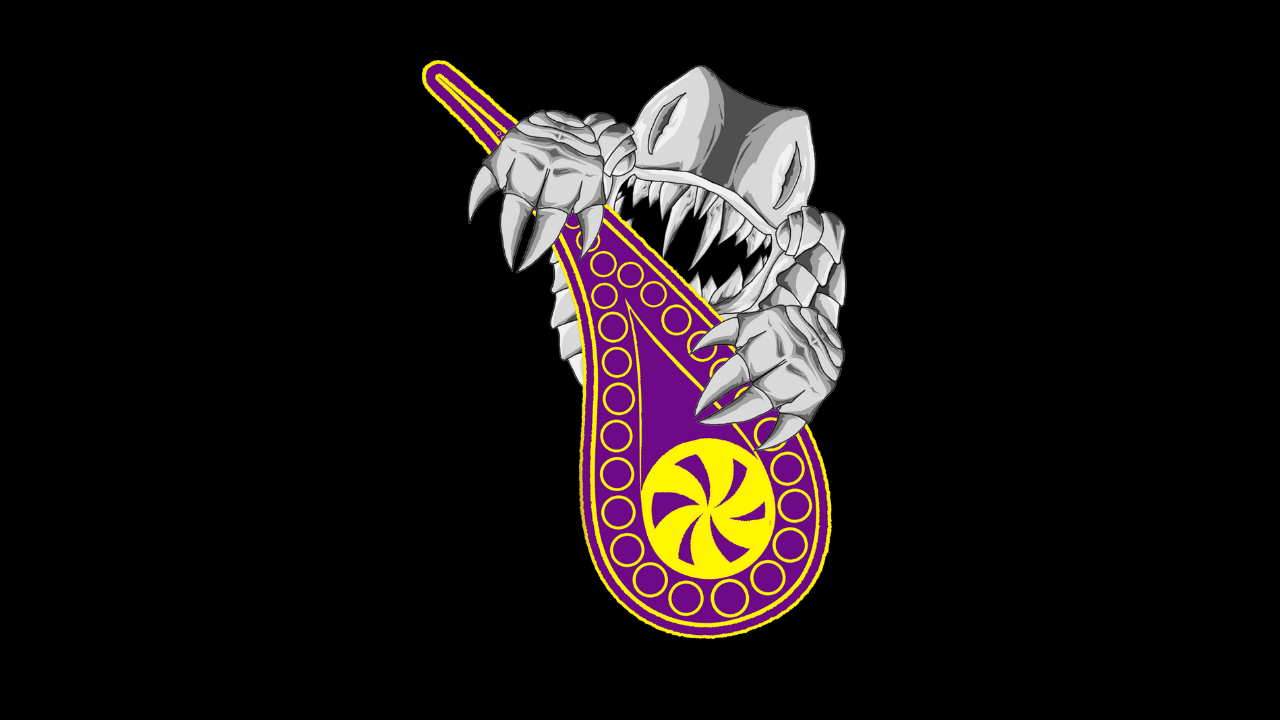Exploring the Legacy of Donoghue v. Stevenson: An Interview with Jacqueline Minghella, Great-Granddaughter of Francis Minghella
- Gavin Divers
- Apr 8, 2024
- 3 min read
Updated: Apr 12, 2024
In the annals of legal history, certain cases stand out as pivotal moments that shape the course of jurisprudence. Donoghue v. Stevenson is one such case, known for establishing the principle of duty of care in negligence law. However, behind the legal jargon lies a story intertwined with the lives of ordinary people, including the descendants of those involved. Today, we have the privilege of speaking with Jacqueline Minghella, the great-granddaughter of Francis Minghella, whose connection to the case adds a personal dimension to this legal saga.
Q: Jacqueline, could you share with us your family's perspective on the significance of the Donoghue v. Stevenson case, considering your great-grandfather's ownership of The Tallie Café?
A: "Certainly. The Donoghue v. Stevenson case holds immense significance for our family, particularly because my great-grandfather, Francis Minghella, owned The Tallie Café where the incident occurred. While he wasn't directly involved in the incident that sparked the case, the outcome had a lasting impact on our understanding of negligence law and consumer protection. It's a reminder of how individual experiences can shape legal principles that affect us all."
Q: What personal stories or insights can you share about your great-grandfather, Francis Minghella, and his experiences during that time?
A: "My knowledge of my great-grandfather is mostly derived from the stories passed down through generations. Unfortunately, he passed away before I was born, so I never had the chance to hear his perspective firsthand. From what I've gathered, he was a dedicated and hardworking man who took pride in running The Tallie Café, but he wasn't directly involved in the legal proceedings of the case."
Q: Do you have any historical documents, photos, or memorabilia related to the case that have been passed down in your family?
A: "While we don't possess any official documents or memorabilia related to the case, we treasure the family stories that have been passed down through the years. These personal anecdotes serve as a connection to our family's past and the role that The Tallie Café played in our heritage."
Q: How do you think the outcome of the case affected your great-grandfather and your family's legacy?
A: "While the outcome of the case didn't directly impact my great-grandfather, its broader implications undoubtedly left a mark on our family's legacy. It's a reminder of the importance of accountability and responsibility, even in seemingly ordinary interactions. Though my great-grandfather owned the café, his role in the case was tangential, but it's a part of our family's story that we hold with pride."
Q: Have there been any discussions or family anecdotes passed down about the aftermath of the case and its impact on The Tallie Café or your family's business ventures?
A: "Interestingly, the aftermath of the case led my grandfather to reassess the family business. While The Tallie Café continued to operate, my grandfather ultimately decided not to pursue its continuation. He believed that the demands of running a business were too consuming and left little time for family life. Instead, he chose a career path that prioritized stability and quality time with loved ones."
As our conversation draws to a close, it's evident that the legacy of Donoghue v. Stevenson extends far beyond the courtroom. For Jacqueline Minghella and her family, it's a reminder of their connection to a moment in legal history and the resilience of generations past. Their story serves as a testament to the enduring power of family ties and the ways in which individual experiences shape our collective understanding of the law.





Comments